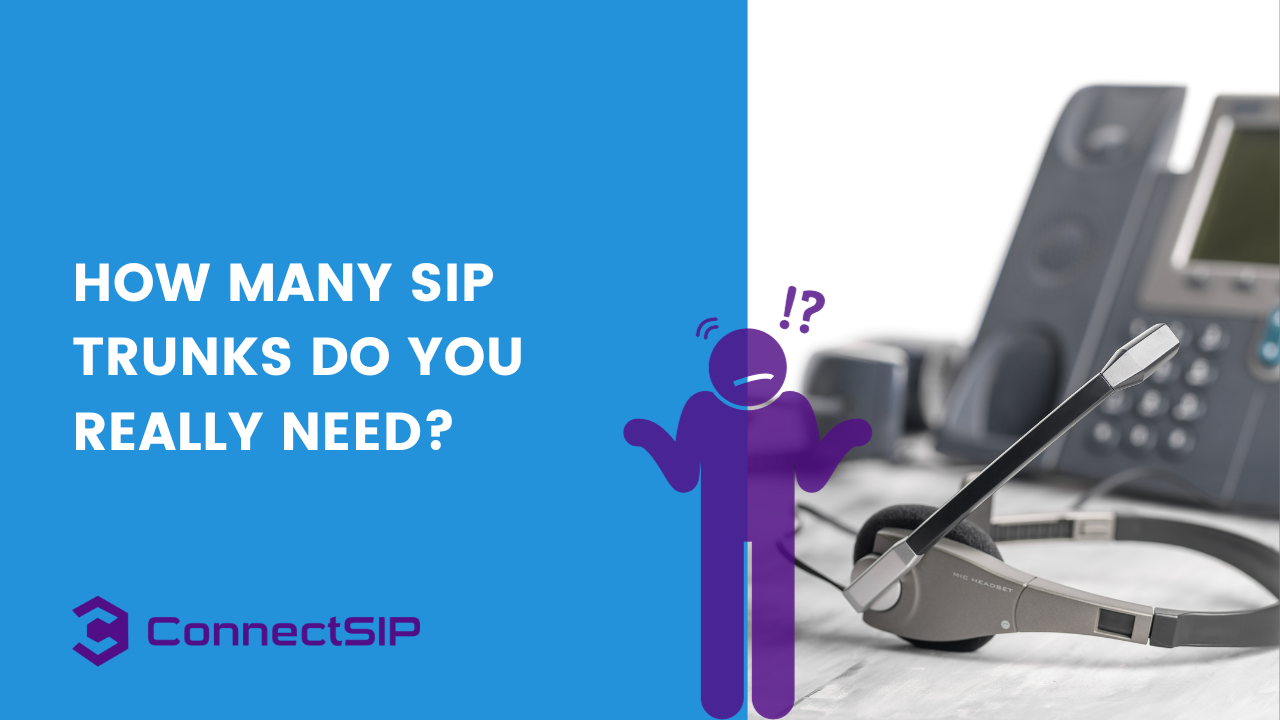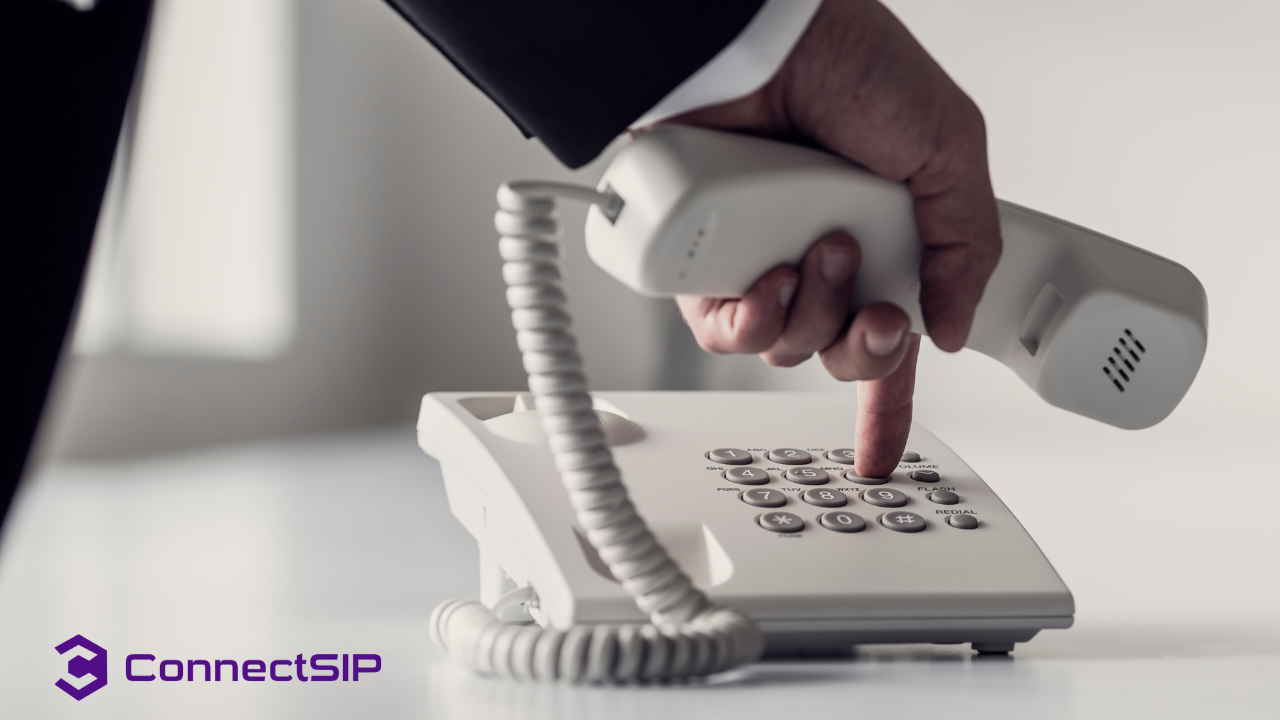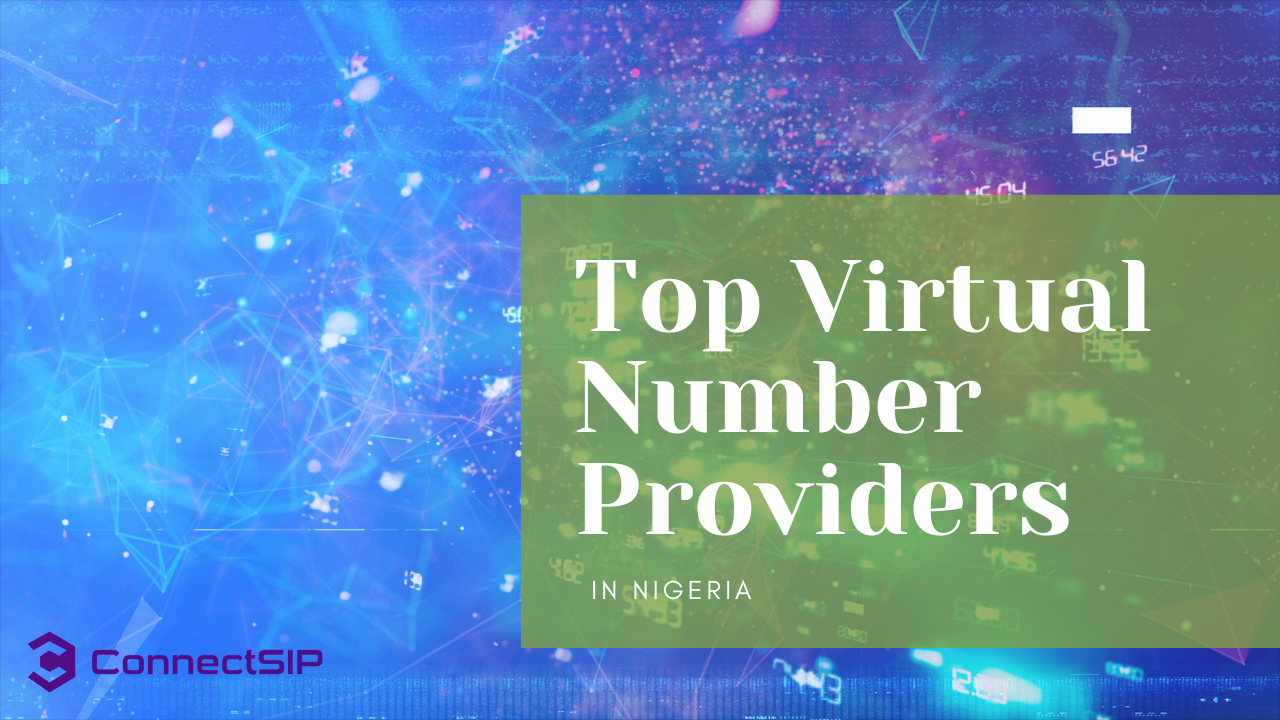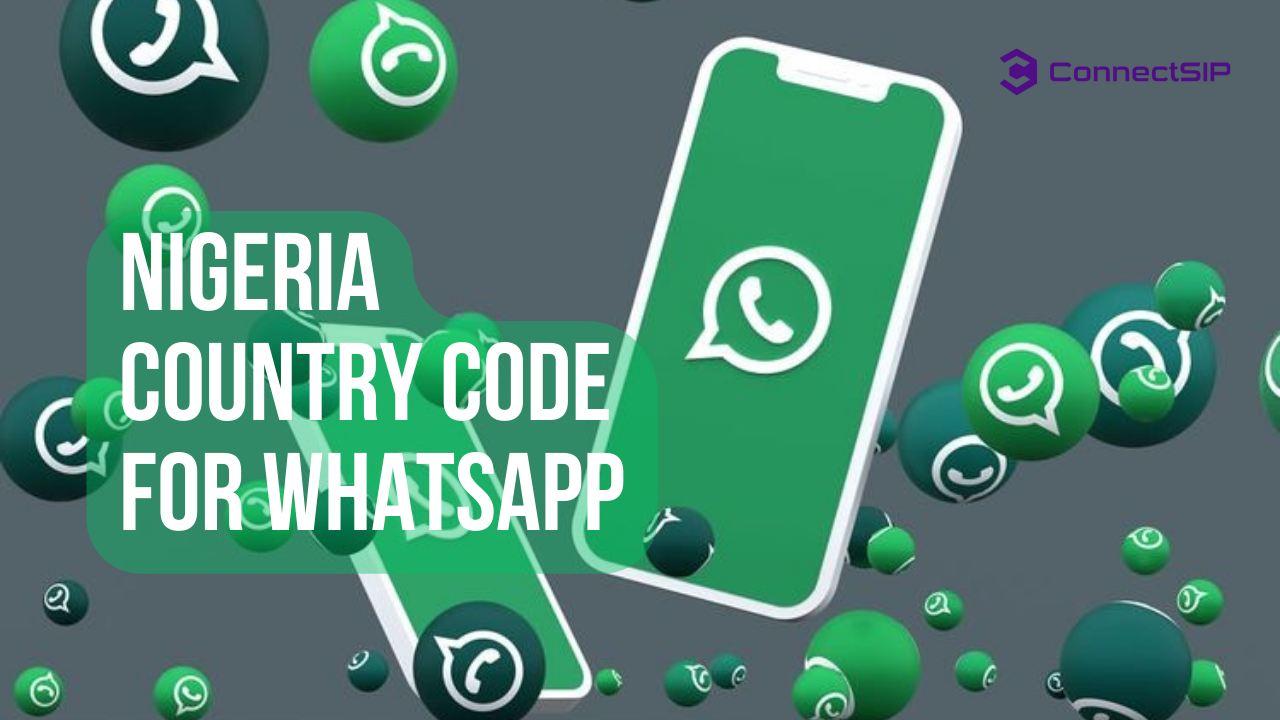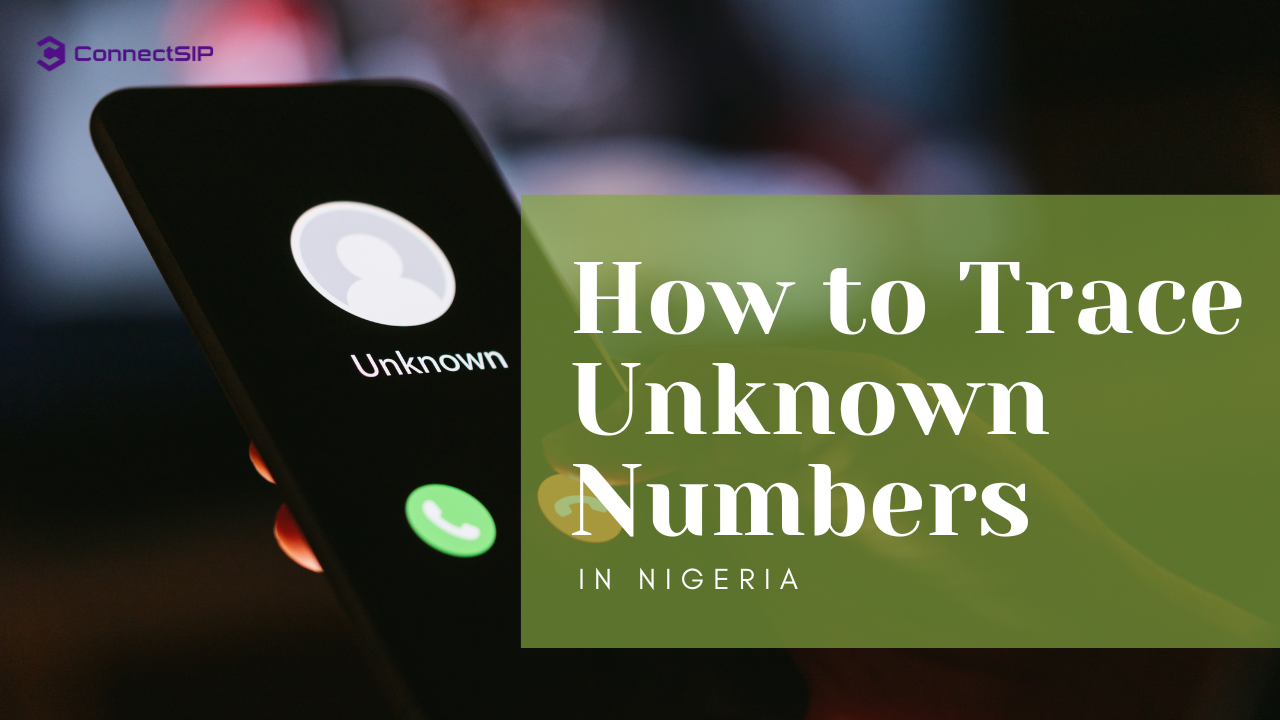Branding in Nigeria is not about slapping your logo on a signboard and calling it a day. It’s about reputation. It’s about perception. It’s about becoming the name people mention in their group chats, trust on Instagram, and recommend in person.
In today’s market, the real competition isn’t just pricing or product—it’s attention and loyalty. The fashion vendor in Yaba, the tech startup in Abuja, the food vendor in Port Harcourt—they’re all playing the same game: stay relevant or be forgotten. And branding is how you play to win.
A good brand in Nigeria blends business sense with street sense. It speaks the language of the people, reflects their values, and shows up consistently—in look, in message, and in action. Whether you’re just starting out or trying to reposition your business, this article will give you the real tools you need to stand out, connect, and grow.
Let’s dive into what really makes branding work in Nigeria and how you can build one that actually means something.
First of all, what’s the meaing of branding. Branding is simply how people see and remember your business. It includes your name, logo, message, and the way you treat customers. Good branding makes your business stand out and helps people trust and choose you.
Table of Contents
ToggleWhy Branding is Important for Nigerian Businesses
Branding is a cornerstone of business strategy, and its significance in the Nigerian context cannot be overstated. Branding isn’t just about fancy logos or catchy slogans. It is about creating a distinct identity that resonates deeply with the target audience.
For Nigerian businesses, this means understanding the local culture, consumer behavior, and economic landscape. Effective branding helps your business establish trust, build customer loyalty, and differentiate you from competitors. In a country where word-of-mouth and community influence play a substantial role, a strong brand can become an invaluable asset.
Furthermore, branding in Nigeria is crucial due to the competitive nature of the marketplace. With numerous businesses vying for consumer attention, having a unique and recognizable brand identity can make all the difference. It helps businesses not only attract but also retain customers by consistently delivering on their brand promise. A well-crafted brand identity communicates reliability, quality, and value, which are essential in gaining consumer trust and loyalty. In a market where consumers are increasingly discerning, a strong brand can be a decisive factor in their purchasing decisions.
Key Elements of a Strong Brand Identity
Creating a strong brand identity involves several key elements that work together to convey a compelling image to consumers. One of the foundational elements is the brand’s mission and vision. These statements articulate the core purpose of the business and its long-term aspirations. They provide direction and inspiration, both for the internal team and external stakeholders.
Another important element is the brand’s visual identity, which includes the logo, color palette, typography, and other design elements. These visual components are the most immediate and recognizable aspects of a brand. They help create a memorable and consistent image that consumers can easily identify.
For Nigerian businesses, it is important to ensure that the visual identity reflects local aesthetics and cultural nuances. This can help the brand feel more authentic and relatable to the target audience. Additionally, the visual identity should be versatile enough to be effectively used across various platforms and marketing materials.
The brand’s tone of voice and messaging are equally important. These elements define how the brand communicates with its audience and express its personality. Whether the tone is formal, friendly, humorous, or authoritative, it should be consistent across all communications.
This consistency helps build trust and familiarity with the audience. Nigerian businesses should incorporate local languages, slang, and cultural references in the messaging. This not only makes it relatable but also demonstrates respect and understanding of the local culture. A good example of this is the Glo Berekete plan, which a Nigerian pidgin for abundance.
Cultural Considerations in Nigerian Branding
With over 250 ethnic groups, each with its own unique traditions, languages, and customs, Nigeria is a culturally diverse nation. When developing branding strategies, you need to consider these cultural nuances to ensure that your brand resonates with the local audience. One important factor is language. While English is the official language, many Nigerians also speak local languages such as Yoruba, Igbo, Hausa, and Pidgin. Incorporating these languages in branding can enhance relatability and foster a deeper connection with consumers.
Another cultural consideration is the significance of community and family. In Nigerian society, community and family ties are highly valued, and this is reflected in consumer behavior. Brands that position themselves as community-oriented and family-friendly can gain a competitive edge. This can be achieved through community engagement initiatives, family-centric marketing campaigns, and values-driven messaging that emphasizes togetherness and support. Indomie is very good at this with their “Mama do good” slogan and emphasis on the home.

By paying attention to these cultural considerations, businesses can create branding strategies that are not only effective but also respectful and appreciative of the rich cultural heritage of Nigeria.
Leveraging Social Media for Brand Awareness
Social media has become an indispensable tool for building brand awareness, and this is particularly true in Nigeria, where internet and mobile phone usage are on the rise. Platforms like Facebook, Twitter, Instagram, and LinkedIn offer businesses a cost-effective way to reach a large and engaged audience. To leverage social media effectively, it is important to create content that is relevant, engaging, and shareable. This can include a mix of informative posts, entertaining videos, interactive polls, and eye-catching visuals..
One of the key advantages of social media is its ability to facilitate two-way communication. Unlike traditional advertising, which is largely one-sided, social media allows businesses to interact directly with their audience. This interaction can take the form of responding to comments, answering questions, and participating in conversations. For Nigerian businesses, this presents an opportunity to build relationships with consumers and gain insights into their preferences and feedback.
Moreover, social media can be used to amplify brand messaging through the power of influencers and user-generated content. In Nigeria, influencer marketing has gained significant traction, with influencers commanding large and devoted followings. Partnering with influencers who align with the brand’s values and target audience can help businesses reach new and diverse demographics.
Developing a Unique Value Proposition
A unique value proposition (UVP) is a clear statement that explains how a product or service solves a problem, delivers specific benefits, and why it is better than the competition. Developing a strong UVP is important if you plan to stand out from the herd. You need to understand the target audience’s needs, pain points, and desires to create a good UVP. This involves conducting thorough market research and gathering insights from customer feedback.
Once the target audience’s needs are identified, the next step is to articulate how the brand’s product or service addresses those needs uniquely. This could be through innovative features, superior quality, exceptional customer service, or competitive pricing. The UVP should be concise, memorable, and clearly communicate the benefits that the brand offers. For example, a Nigerian fashion brand could highlight its use of locally sourced materials and traditional craftsmanship as part of its UVP. This not only appeals to consumers’ desire for authenticity but also supports local artisans and the economy.
Furthermore, the UVP should be consistently communicated across all marketing channels and touchpoints. This reinforces the brand’s positioning and helps build a cohesive brand image. As a Nigerian business owner, you need to tailor the messaging to resonate with the local audience. This could involve using local languages, cultural references, and addressing specific regional needs.
Building Brand Loyalty Among Nigerian Consumers
Building brand loyalty is a critical aspect of long-term business success, and it requires a strategic approach that goes beyond attracting new customers. For Nigerian businesses, fostering loyalty involves creating positive and memorable experiences that encourage repeat purchases and brand advocacy.
One effective strategy is to consistently deliver high-quality products and services that meet or exceed customer expectations. This builds trust and reliability, which are essential for maintaining loyal relationships. Additionally, businesses should actively seek and act on customer feedback to continuously improve their offerings.
Another important factor in building brand loyalty is personalized and attentive customer service. Nigerian consumers value relationships and appreciate brands that show genuine care and appreciation for their patronage. Furthermore, addressing customer issues promptly and effectively can turn a potentially negative experience into a positive one, reinforcing loyalty. Businesses can leverage technology, such as customer relationship management (CRM) systems, to track customer interactions and preferences, enabling more personalized and efficient service.
Loyalty programs and rewards can also play a significant role in cultivating brand loyalty. By offering incentives such as discounts, exclusive access to new products, or special events, businesses can motivate customers to remain engaged and loyal. For example, a Nigerian retail brand could implement a points-based loyalty program where customers earn points for every purchase, which can be redeemed for rewards. This is one of the ways Temu is currently dominating in the Nigerian E-commerce industry.
The Role of Influencer Marketing in Nigeria
Influencer marketing has become a powerful tool for brands looking to expand their reach and connect with new audiences. In Nigeria, where social media usage is high and influencers command significant followings, leveraging influencers can be particularly effective. Influencers have the ability to shape consumer perceptions and drive purchasing decisions through their authentic and relatable content. By partnering with influencers who align with their brand values and target audience, you can tap into the influencers’ credibility and influence to enhance your brand visibility and reputation.
For this to work effectively for your business, you need to choose the right influencer. This involves evaluating factors such as the influencer’s niche, audience demographics, engagement rates, and overall authenticity. Micro-influencers, who have smaller but highly engaged followings, can be particularly valuable for reaching specific target groups. For instance, a Nigerian beauty brand could partner with beauty influencers who regularly share skincare tips and tutorials, creating content that showcases the brand’s products in a natural and engaging way.
Moreover, influencer marketing should be integrated into a broader marketing strategy to achieve the best results. This can include a mix of sponsored posts, product reviews, giveaways, and influencer-hosted events. By providing influencers with creative freedom and encouraging them to create content that resonates with their audience, businesses can achieve a more organic and impactful reach.
Common Branding Mistakes to Avoid
While effective branding can significantly enhance a business’s success, certain mistakes can undermine these efforts.
1.Inconsistency: One of the most prevalent mistakes is inconsistency in branding. This can occur when a brand’s visual identity, messaging, and tone of voice vary across different platforms and touchpoints. Inconsistency can confuse consumers and weaken the brand’s image.
To avoid this, businesses should create and adhere to comprehensive brand guidelines that ensure a cohesive and consistent presentation across all channels. This includes maintaining uniformity in logo usage, color schemes, fonts, and messaging.
2. Lack of Connection: Another common mistake is failing to understand and connect with the target audience. Without a deep understanding of the audience’s needs, preferences, and cultural context, branding efforts can fall flat. As a business owner, you should invest time and resources in market research and consumer insights to ensure that your branding is relevant and resonates with the audience. For Nigerian businesses, this may mean considering local cultural nuances, language preferences, and regional differences.
3. Lack of Storytelling: Additionally, neglecting the importance of storytelling can be a significant branding pitfall. A compelling brand story can humanize the brand, differentiate it from competitors, and create an emotional connection with consumers. Brands that fail to communicate their story effectively may miss out on opportunities to engage and inspire their audience. Businesses should craft a narrative that highlights their mission, values, and unique journey, and weave this story into their branding efforts.
By avoiding these common mistakes and focusing on strategic and authentic branding, Nigerian businesses can build strong, memorable, and successful brands.
Branding in Nigeria goes far beyond good design or catchy slogans. It’s about understanding your audience, speaking their language, and building consistent, memorable experiences across every touchpoint.
But branding doesn’t stop at messaging or visuals. It also includes how you show up when customers reach out. A strong brand should sound as professional as it looks—and that’s where your communication tools matter.
At ConnectSIP, we help Nigerian businesses strengthen their brand presence with reliable business phone numbers and enterprise-grade SIP trunking solutions. Whether you’re running a customer support line, sales desk, or call center, you can improve your customer service, build trust, and project a more professional image.
Ready to take that next step? You can even get started with our SIP trunking solution for free. Because great branding should be backed by great communication.



